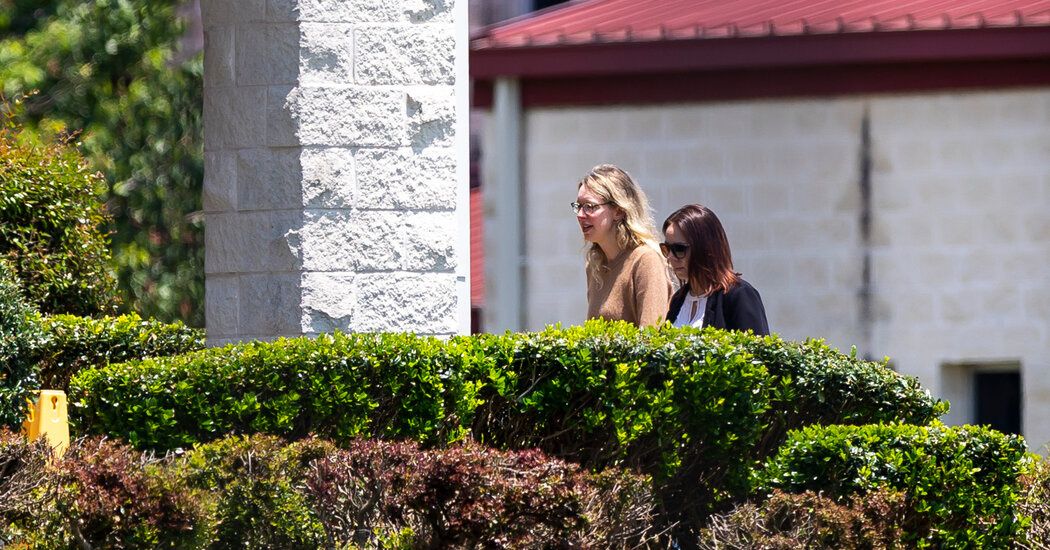
Lawyers for the disgraced entrepreneur Elizabeth Holmes said this week that she would be unable to afford to pay $250 each month to victims of her failed blood-testing start-up, Theranos, after leaving prison.
Ms. Holmes, 39, began an 11-year, three-month prison sentence in Texas in May after she was found guilty last year of four counts of wire fraud and conspiracy for defrauding investors by misleading them about her company’s technology and business dealings.
Last month, a federal judge in California ordered Ms. Holmes and her former business partner, Ramesh Balwani, to pay $452 million in restitution to investors who were defrauded, including the media mogul Rupert Murdoch.
Federal prosecutors asked the U.S. District Court for the Northern District of California last week to correct “clerical errors” in court records. One of the suggested corrections would require Ms. Holmes, as part of her restitution, to pay either $250 or at least 10 percent of her earnings, whichever is greater, each month after she is released from prison.
Ms. Holmes’s lawyers objected to this proposed change in a filing on Monday and said the court had substantial evidence showing that she had “limited financial resources.”
Her lawyers also disputed the government’s argument that the change would align with the payment schedule for Mr. Balwani, who was tried separately and is serving a nearly 13-year sentence on fraud charges. He has to pay at least $1,000 per month after he is released from prison, according to court records.
Ms. Holmes and Mr. Balwani have appealed their cases.
Ms. Holmes’s lawyers argued that it was appropriate that the two had been treated differently in sentencing. “There is no indication in the record that the absence of a change to the schedule after she is released was a clerical error,” the filing said.
Lawyers representing Ms. Holmes did not immediately respond to a request for comment on Thursday. A Justice Department spokesman declined to comment.
Other entities listed as victims for the purpose of restitution include RDV Corporation, an investment firm representing Michigan’s wealthy DeVos family, which invested $100 million in Theranos, and several investment vehicles tied to Don Lucas, a Silicon Valley venture capitalist who died in 2019.
Ms. Holmes raised $945 million for Theranos, a company she founded in 2003 after she dropped out of Stanford University. She promised that the company would revolutionize health care with tests that could detect a variety of ailments with just a few drops of blood. But the claims unraveled after a 2015 investigation by The Wall Street Journal revealed that its blood-testing technology did not work. Theranos dissolved in 2018.
